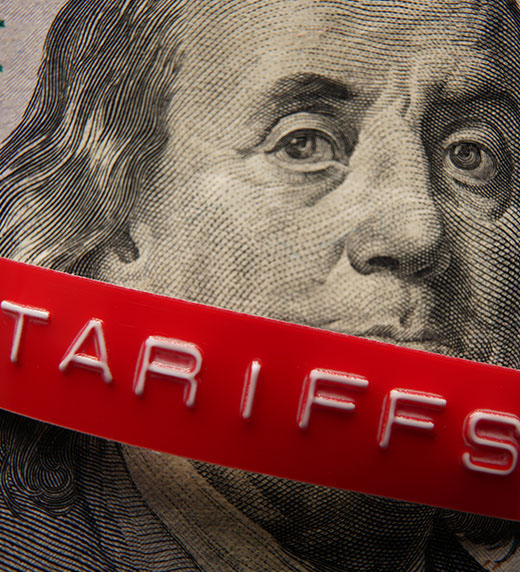
Updated August 08, 2022
A backdoor Roth IRA is typically a traditional IRA account or a 401(k) account that has been converted to a Roth IRA.
A backdoor Roth IRA conversion allows a taxpayer to put their retirement savings into a Roth IRA even though their income exceeds the maximum income allowed by the IRS for Roth IRA contributions. The "backdoor" is the legal pathway a taxpayer can take to contribute to the Roth IRA by getting around the IRS's income limits.
On November 19, 2021, the U.S. House of Representatives passed the Build Back Better Act and sent it to the Senate. Included in the current proposed framework is the prohibition of backdoor Roth conversions, to take effect after December 31, 2021.
The Senate Finance Committee released its current working version of the bill on December 11, 2021, which left unaltered the provision to eliminate backdoor Roth conversions. This bill now remains with the Senate for further debate, revision and anticipated approval, and then a return to the House for reconciliation with the Senate bill before it can be voted on by the full House and Senate and sent to the president for signature. This may provide a small window, through the end of the year, for you to hedge your bet on this procedure.
Many who do backdoor Roth conversions typically wait until they are close to the April tax-filing deadline. The economics, however, are unlikely to be much different for the account holder if the conversion is completed now, before year-end 2021, instead of the usual April conversion. Given the uncertainty of when or if a bill will be passed, those who want to utilize the backdoor Roth strategy should not risk waiting, while hoping the law does not get passed. The time to fund an IRA with after-tax contributions and convert it to a Roth is now.
The ending of the backdoor Roth is really the closing of a loophole. High-income earners phased out of the ability to contribute to a Roth IRA have used this technique to work around the income phase-out limits. They do this by contributing to a non-deductible traditional IRA and then converting the same amount of IRA dollars to a Roth IRA.
The tax basis in the traditional IRA is applied against the conversion amount and only the excess is taxable upon conversion. For taxpayers with no other IRAs who do the conversion immediately, this is generally a tax-free process. For taxpayers with other IRAs the tax basis from the traditional non-deductible IRA contribution must be proportionally allocated to both the conversion amount and the amount not being converted. This can cause the Roth conversion to become partially taxable. Therefore, the lower the total amount of IRAs at the time of conversion the better the result.
If backdoor Roths are prohibited by Build Back Better Act budget reconciliation legislation and signed into law, individuals phased-out of contributing to traditional and Roth IRAs can still contribute to a non-deductible IRA by April 15, 2022. A non-working spouse can also make a non-deductible Traditional IRA contribution. The contribution limits for 2021 are $6,000 if under the age of 50 at year end or $7,000 if over the age of 50 at year end. While traditional non-deductible IRAs offer no current tax benefit, these IRAs can often grow tax deferred for decades.
Timing of tax policy and alternative retirement savings solutions for high-income earners and high-net-worth individuals is complex. Consult with your tax professional for assistance with your situation.


